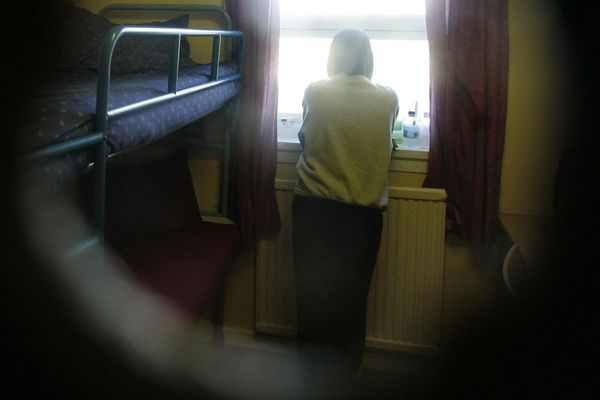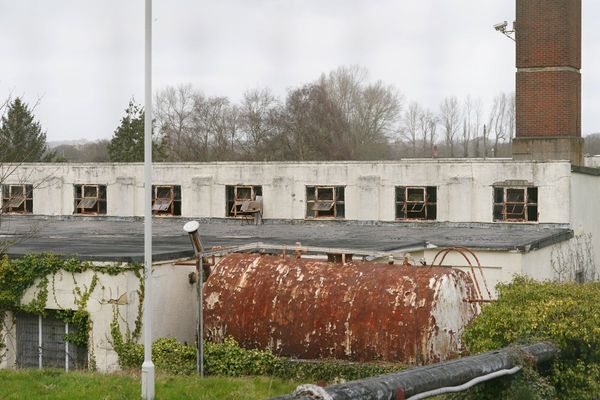
The new European Parliament, shaped by the June 2024 European elections, faces numerous key decisions on issues which will shape European societies and their global standing for years to come. The most pressing of these is the climate crisis.
There were concerns before the vote over the rise of far-right and conservative parties, which could diverge from the EU’s climate goals established under the Green Deal. With the results in, analysts are now turning their attention to the potential impact on the EU’s environmental agenda.
In 2019, the success of green parties, particularly in Germany, and the liberals of Renew Europe, set the stage for a stronger push towards sustainability and decarbonisation. With public backing, President Ursula von der Leyen launched the European Green Deal. This flagship initiative seeks to transform Europe into the world’s first climate-neutral continent by 2050.
Dubbed Europe’s “man on the moon” moment, the Green Deal has, over five years, driven the EU to raise renewable energy efficiency targets and enforce stricter emissions reduction goals for 2030 and 2050.
While initial enthusiasm remained, a confluence of crises and growing concerns about the economic impact of the transition forced a more pragmatic approach. From the initial shock of the COVID-19 pandemic in 2020, to the ongoing energy price rises exacerbated by the war in Ukraine in 2022, the EU’s green ambitions faced a reality check.
Internally, the “green” transition shifted from a distant ideal to a tangible reality impacting everyday lives. Tighter regulations across sectors like transportation and heating hit home for citizens, sparking protests from groups like farmers worried about their livelihoods. This created an opening for far-right and conservative parties, who skillfully weaved these anxieties into their political narratives.
So, if in the 2019 election voters called for bold climate policies, the 2024 elections were characterised by criticism on the fast decarbonisation and its disproportionate effects on European households and industries and the call for a partial revision of the Green Deal.
While green parties and the Renew Europe parties saw a decline in support, far-right parties made significant gains in key member states like France and Germany.
But this increase didn’t fully translate to the EU level. Established parties like the European People’s Party (EPP) and the Socialists and Democrats (S&D) managed to retain control of the European Parliament and to shield the green transition from a fundamental political overhaul.
Over the past five years, the EU has enacted multiple laws promoting clean energy and emission reductions, which are difficult to reverse. The net-zero target is enshrined in the European Climate Law, suggesting a degree of continuity in the green transition
One of the new legislative cycle’s crucial tasks will be implementing green policies, as it is now time to deliver on the targets set in the 2019-2024 cycle. The next phase of climate policy will be affected not only by ideological shifts from left to right, but also by geopolitical developments and a higher awareness of managing industrial and social consequences of the transition.
The EU might see a shift towards a more technologically neutral approach to the green transition, reconsidering solutions like nuclear, natural gas, and carbon capture and storage. This technological neutrality aims for a flexible mix of available technologies rather than a single solution.
The new approach will be driven by the so-called technological neutrality that aims to achieve the energy transition through a flexible approach to and a mix of available technologies and not limited to a single solution.
Critics argue that the Green Deal was overly prescriptive on technology choices, favouring renewables to the exclusion of others. This sentiment is reflected in EPP leader Manfred Weber’s call to revisit the 2035 ban on internal combustion engine cars.
Revising such policies won’t be straightforward; existing political agreements and the need to maintain majorities within the Parliament will likely act as a brake on any drastic changes.
Areas like agriculture, forestry, and nature restoration are likely to become major political battlegrounds where the new political sentiment could presumably produce a setback. These areas are expected to become major electoral issues as shown by the latest farmers’ protests, and both far-right parties and centre-right parties may agree on less ambitious policies.
The success of the Green Deal will also hinge on how effectively it is implemented at the national level. A rise in far-right governments across member states could lead to fragmentation and hinder common EU solutions, particularly concerning the crucial issue of financing the transition. Nationalistic governments may be less inclined to participate in joint funding programs, potentially widening the gap between member states’ progress in decarbonisation and industrial development.
Notwithstanding multiple challenges, EU policymakers are likely to prioritise industrial policy in the coming years, to capture the economic opportunities presented by the energy transition and enhance energy and economic security. Addressing the social dimension of the transition will also be crucial.
The European climate policy is entering into a new phase where governments and EU institutions are increasingly paying more attention to industrial policy, competitiveness and just transitioning through a more pragmatic approach regarding the technological solutions.
At the same time, it is equally crucial to avoid dismantling the general framework and trajectory set by the EU green laws passed over the past five years. The challenge will be to overcome divisions and nationalistic approaches.
This article was published in collaboration with 360info.







